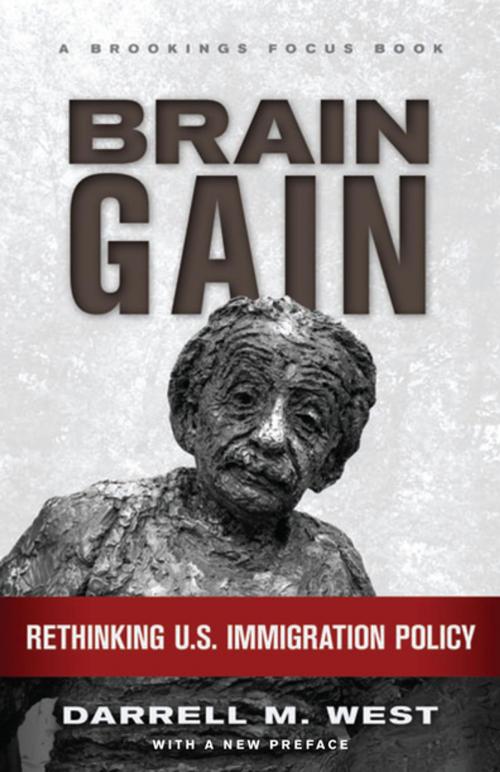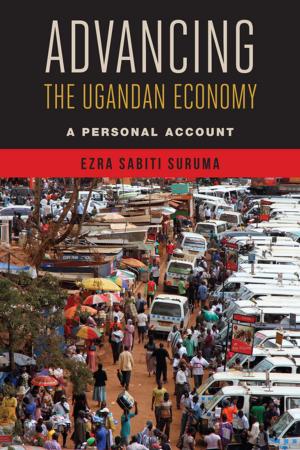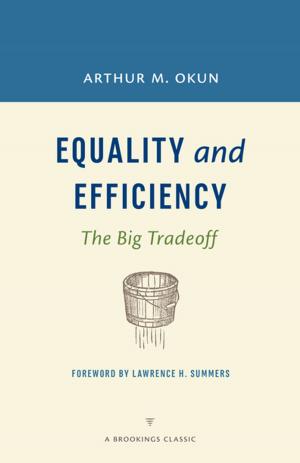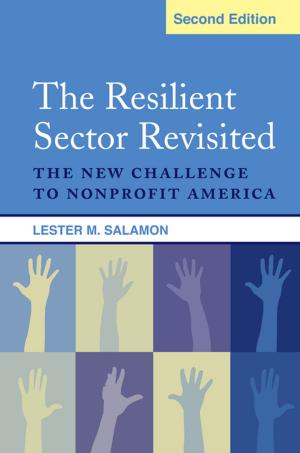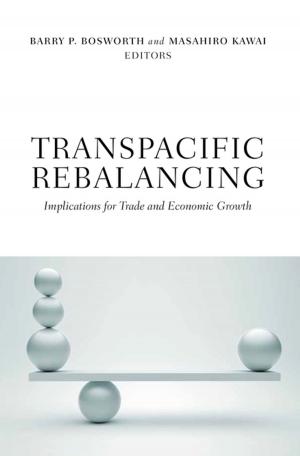Brain Gain
Rethinking U.S. Immigration Policy
Nonfiction, Social & Cultural Studies, Political Science, Politics, Labour & Industrial Relations, Government, Social Policy, Social Science, Cultural Studies, Emigration & Immigration| Author: | Darrell M. West | ISBN: | 9780815722311 |
| Publisher: | Brookings Institution Press | Publication: | June 1, 2010 |
| Imprint: | Brookings Institution Press | Language: | English |
| Author: | Darrell M. West |
| ISBN: | 9780815722311 |
| Publisher: | Brookings Institution Press |
| Publication: | June 1, 2010 |
| Imprint: | Brookings Institution Press |
| Language: | English |
Many of America's greatest artists, scientists, investors, educators, and entrepreneurs have come from abroad. Rather than suffering from the "brain drain" of talented and educated individuals emigrating, the United States has benefited greatly over the years from the "brain gain" of immigration. These gifted immigrants have engineered advances in energy, information technology, international commerce, sports, arts, and culture. To stay competitive, the United States must institute more of an open-door policy to attract unique talents from other nations. Yet Americans resist such a policy despite their own immigrant histories and the substantial social, economic, intellectual, and cultural benefits of welcoming newcomers. Why?
In Brain Gain, Darrell West asserts that perception or "vision" is one reason reform in immigration policy is so politically difficult. Public discourse tends to emphasize the perceived negatives. Fear too often trumps optimism and reason. And democracy is messy, with policy principles that are often difficult to reconcile.
The seeming irrationality of U.S. immigration policy arises from a variety of thorny and interrelated factors: particularistic politics and fragmented institutions, public concern regarding education and employment, anger over taxes and social services, and ambivalence about national identity, culture, and language. Add to that stew a myopic (or worse) press, persistent fears of terrorism, and the difficulties of implementing border enforcement and legal justice.
West prescribes a series of reforms that will put America on a better course and enhance its long-term social and economic prosperity. Reconceptualizing immigration as a way to enhance innovation and competitiveness, the author notes, will help us find the next Sergey Brin, the next Andrew Grove, or even the next Albert Einstein.
Many of America's greatest artists, scientists, investors, educators, and entrepreneurs have come from abroad. Rather than suffering from the "brain drain" of talented and educated individuals emigrating, the United States has benefited greatly over the years from the "brain gain" of immigration. These gifted immigrants have engineered advances in energy, information technology, international commerce, sports, arts, and culture. To stay competitive, the United States must institute more of an open-door policy to attract unique talents from other nations. Yet Americans resist such a policy despite their own immigrant histories and the substantial social, economic, intellectual, and cultural benefits of welcoming newcomers. Why?
In Brain Gain, Darrell West asserts that perception or "vision" is one reason reform in immigration policy is so politically difficult. Public discourse tends to emphasize the perceived negatives. Fear too often trumps optimism and reason. And democracy is messy, with policy principles that are often difficult to reconcile.
The seeming irrationality of U.S. immigration policy arises from a variety of thorny and interrelated factors: particularistic politics and fragmented institutions, public concern regarding education and employment, anger over taxes and social services, and ambivalence about national identity, culture, and language. Add to that stew a myopic (or worse) press, persistent fears of terrorism, and the difficulties of implementing border enforcement and legal justice.
West prescribes a series of reforms that will put America on a better course and enhance its long-term social and economic prosperity. Reconceptualizing immigration as a way to enhance innovation and competitiveness, the author notes, will help us find the next Sergey Brin, the next Andrew Grove, or even the next Albert Einstein.
